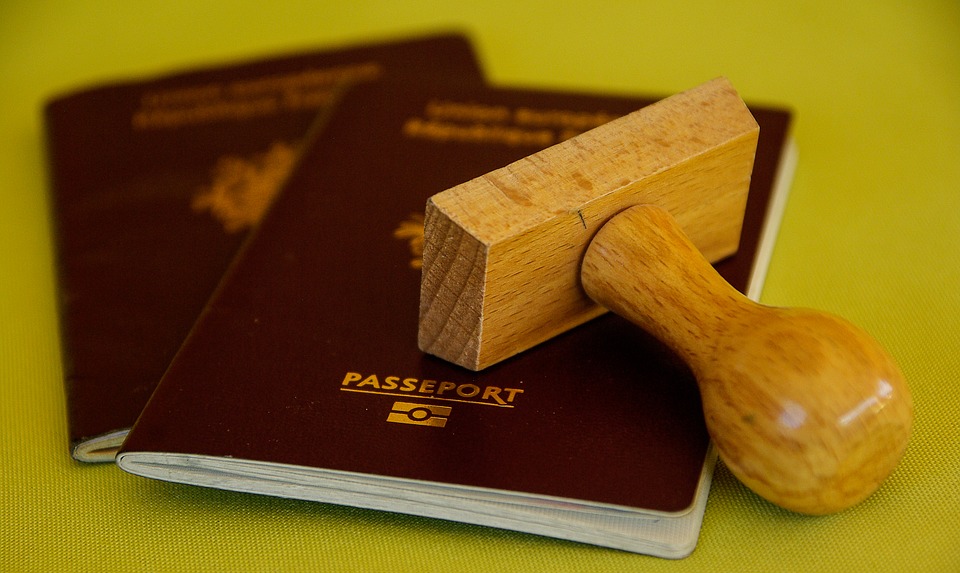What You Should Know About Validating Status at The Border
Temporary residents of Canada must validate their permanent resident status and work or study permits at an immigration office or at an official port of entry. For many, the Canadian-U.S. border offers a quicker and more efficient means of fulfilling this requirement. Instead of waiting weeks for an appointment with immigration officials, foreign nationals can drive to the U.S., turn around, and quickly validate their immigration status with Canadian border officials in as little as 30 minutes.
This process is known as “flagpoling.” It symbolizes immigration applicants making a U-turn at the country’s flagpole and is a long-standing practice for immigration applicants. It allows newcomers to obtain health care coverage and start working, or renew their status, much quicker than waiting for an appointment with an immigration office would otherwise permit.
However, in the summer of 2017, the Canada Border Services Agency (CBSA) limited flagpoling to three days a week at Quebec and Southern Ontario ports of entry. In an attempt to cut down on high volume and wait times during the weekends, the CBSA now only processes flagpoling applicants on Tuesdays, Wednesdays, and Thursdays. Those who arrive at the border during these days are not even guaranteed same-day processing if traffic volume is high at the border.
The CBSA has not notified the public about these changes, nor has the agency posted any warnings on its website. As a result, many applicants who rely on flagpoling to validate their status may not be aware of these changes and will only learn about the new limitations upon arriving at the border.
Previously, weekends were the busiest times for processing these applications, since applicants would not have to take time off work or take their kids out of school for the day. However, with the new limits in place, those who arrive at the border on the weekend will not have their applications processed. Instead, they will have to re-enter Canada with their current immigration status and apply online, by mail, or by making an appointment with the immigration department.
Critics of immigration law are calling this restriction of immigration services at the border unlawful. Flagpoling is a legal practice, and there is nothing in Canada’s immigration law that allows the CBSA to deny processing these applications.
Flagpoling’s fast processing time gave applicants peace of mind since it can take weeks or months for the immigration department to process these applications. This lengthy wait can hinder applicants’ abilities to work, earn a living, study, receive universal health care, and live a secure life in Canada.
Share this article
Arghavan Gerami
Arghavan Gerami is the Founder and Senior Counsel at Gerami Law Professional Corporation ('PC'), a full-service immigration law firm in Ottawa, Ontario. Since 2011, Ms. Gerami has focused her practice on immigration and refugee litigation. Prior to that, Ms. Gerami worked at the Ministry of Attorney General and the Department of Justice and had the privilege of serving the Honourable Mr. Justice M. Evans at the Federal Court of Appeal on immigration and administrative law appeals. Ms. Gerami contributes to the Immigration Law Section of the Canadian Bar Association, the Canadian Association of Refugee Lawyers, and the United Nations High Commissioner for Refugees. Ms. Gerami has also published numerous journal articles and presented at various immigration and refugee law conferences and events across Canada.

